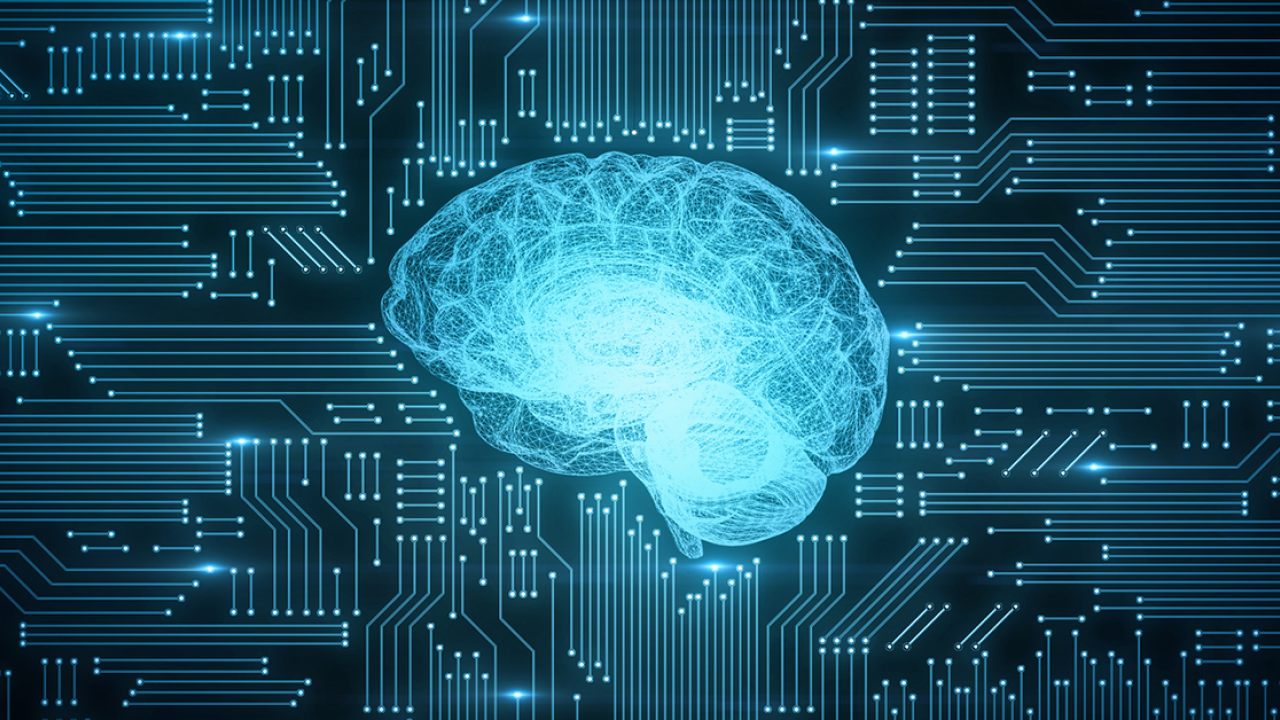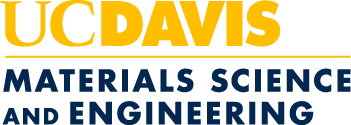
Physicists, Materials Scientists Receive $12.6M From Department of Energy to Continue Exploring Next-Generation Computing
With renewed funding, UC San Diego-based Q-MEEN-C moves one step closer to neuromorphic computing
The first generation of computers used vacuum tubes. The second, transistors and the third, integrated circuits. Each new generation allowed computers to be faster, smaller and more energy efficient. Now, as the world stretches beyond the limits of integrated circuits, what does the fourth generation of computing look like?
The answer may lie with quantum materials that are able to achieve neuromorphic, or brain-like, computing capabilities with low energy consumption. Since 2018, Quantum Materials for Energy Efficient Neuromorphic Computing (Q-MEEN-C) — led by the University of California San Diego — has been at the forefront of this research. Now, through a highly competitive process, the Department of Energy (DOE) has announced $12.6 million in renewed funding for the center.
Professor Yayoi Takamura at UC Davis is the leader of the center's quantum materials thrust, which explores new quantum materials that may have the desired properties to enable energy efficient neuromorphic computing.
Takamura's group will be responsible for synthesizing and characterizing the functional properties of some of these quantum materials, and they will collaborate with other Q-MEEN-C groups for additional sophisticated characterization methods, first principles theoretical calculations and the expertise to create simple neuromorphic devices.
"The aspect that I enjoy the most is building partnerships with researchers from across the country and globe, and gaining access to expertise to develop a fundamental understanding of the phenomena occurring in these quantum materials and to test their applicability for neuromorphic computing," she said.
